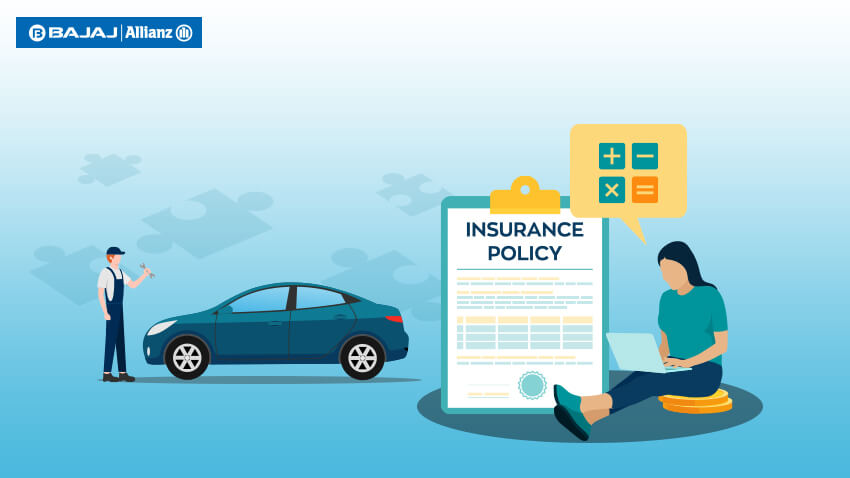Before buying a car, your research would have probably helped you understand how buying one is not the end of it. You also need to get it registered with a Regional Transport Office or RTO. Without such a registration, driving a vehicle on the road is a legal offense. In addition to the formalities, vehicles also need to be insured. It is another compulsory requirement as per the Motor Vehicles Act of 1988. Be it a four-wheeler or a two-wheeler, all kinds of vehicles need to have insurance coverage.
When buying a car insurance policy, there are two choices of plans — a third-party cover or a comprehensive cover. Of them, third-party coverage is the minimum required insurance cover but has a limited scope. It only covers legal liabilities to third persons that you might be required to compensate for. But a comprehensive policy offers wider insurance cover. Here, not only legal liabilities are included in the policy’s scope, but also the repairs for your car. Hence, it is advisable to purchase comprehensive
car insurance online or offline, to ensure an all-around cover.
What is a No-claim Bonus?
Comprehensive policies, other than safeguarding your car against damages. also include the no-claim bonus. It is a concession offered by the insurance company for every year when no claims are raised. Since a claim is not raised unless repairs are required, it can help to lower the insurance premiums.
How is the NCB Calculated?
The no-claim bonus or NCB is calculated on the own-damage premiums only. Any third-party premiums are not considered for offering any markdowns since they are regulated by IRDAI. Thus, any NCB concession is purely calculated as a percentage of the own-damage premium. The amount of NCB starts at 20% after one claim-free policy period and scales up to 50% based on the number of consecutive claim-free insurance tenures. The table below explains how the NCB increases with every back-to-back policy period without any insurance claim. You can visit the official website of IRDAI for further details.
| Successive claim-free policy periods |
Percentage of markdown on the own-damage premium |
| One claim-free period |
20% |
| Two consecutive claim-free periods |
25% |
| Three consecutive claim-free periods |
35% |
| Four consecutive claim-free periods |
45% |
| Five consecutive claim-free periods |
50% |
*Standard T&C Apply
Even after five years, this NCB benefit remains capped at 50% and is the same for any following claim-free insurance periods.
What are the Benefits of NCB During Car Insurance Renewal?
- The primary benefit that NCB offers is a concession in renewal premiums. The no-claim bonus offers a substantial markdown lowering the insurance premiums during the car insurance renewal.
- An increase in savings is another advantage of the NCB. As you renew your policy without any claims, the NCB benefit goes on increasing, in effect, decreasing the overall car insurance premium amount.
- Lastly, the NCB is transferable. Thus, even if you are unhappy with your current insurance policy and want to migrate the coverage to a different insurance company, it is possible with the help of an NCB transfer certificate. This allows you to seamlessly carry forward any accumulated NCB to the new insurance company.
*Standard T&C Apply
When calculating the NCB amount, you can make use of a
car insurance premium calculator that allows you to calculate the NCB concession that will be available based on the number of claim-free years. This nifty tool also aids in computing the premium amount based on the policy features you have opted for.
Insurance is the subject matter of solicitation. For more details on benefits, exclusions, limitations, terms and conditions, please read the sales brochure/policy wording carefully before concluding a sale.
 Service Chat:
Service Chat: 

